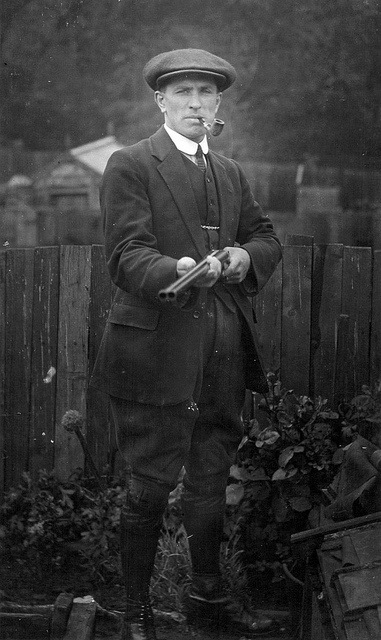Article by David Shakespeare
My daughter came home from school the other day complaining that her A level English homework hadn’t been marked by the teacher by the time it had been promised. “I did the work and met the deadline; she should do the same.” Fair enough. I remember the same sort of phrases going through my mind when I was her age. Teachers should at least be able to practise what they preach, surely.
When I was being trained as a teacher and starting to learn what a difficult job it is, the advice from my tutors on seeing my ‘tangential’ lesson plans, or my inability to control a Year 10 class on a rainy Friday afternoon, was ever-so-forthcoming. And it seemed good advice too – until I started to have doubts about their planning, and saw little evidence that they could control a group of wet-haired, weekend-happy 15 year olds either. Tutors should at least be able to practise what they preach, surely.
Once I was a full-blooded teacher myself, I would attend training sessions which were advocating new methods of teaching things I had been doing in other ways for years – but by now I was wise to all this. I would look for examples (to gossip with others about over coffee, perhaps) of where the trainer was not using their own freshly-advocated questioning methods, or not organising the group as I expected all ‘good’ teachers (a class which included myself, naturally) should do. Trainers should at least be able to practise what they preach, surely.
It was around this time I would sometimes have difficult conversations with pupils who politely asked me why I hadn’t marked their homework yet.
Then there’s the Headteacher who doesn’t teach day-to-day; and when they have to, it turns out that they’re just not very good in the classroom. Or the inspector who judges a school, but then walks away without helping to solve the problems they have unearthed so publically. Heads and inspectors should at least be able to practise what they preach, surely. I occasionally hear or read about teachers’ frustrations with advisors, trainers and those who develop all the documents, standards and resources needed in a coherent education system. “These people are out of touch and don’t know what it’s like on the ground any more. They want us teachers to practise what they preach, but I am not sure they know how to practise at all.” The thing is, while I am now neither a Headteacher nor inspector, I do advise and train teachers for a living, and quite often I end up writing some of those documents, standards and resources. I’m not in classrooms every day, but I base what I do on as much classroom experience as I got back then, and can get now. I try my best – and most of the time, but not always, things work out. I think I could still practise what I preach in the classroom, and with the best of intentions, I hope what I preach can be practised.
We see someone else’s job and we think we know what it involves, so we can’t see any reasons why it isn’t done the way we think it should be done. But working in education, we are all gamekeepers, and all poachers. This is no bad thing – it keeps us all on our toes. We just have to accept that we may not really know what someone else’s job involves after all; and to trust that most people do the best they can, based on the experience they have, and for the best reasons.
My daughter finally got her homework back. Admittedly it was late, but it was fully marked with lots of helpful feedback. Her English course is going well – maybe she’ll become a teacher one day.
David Shakespeare, May 2015
Image courtesy of Paul Townsend on Flickr through Creative Commons
